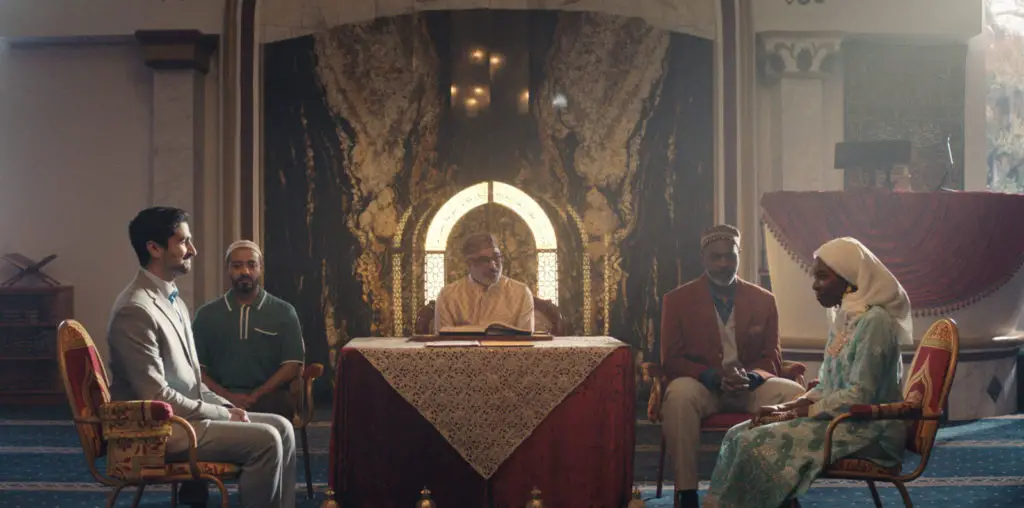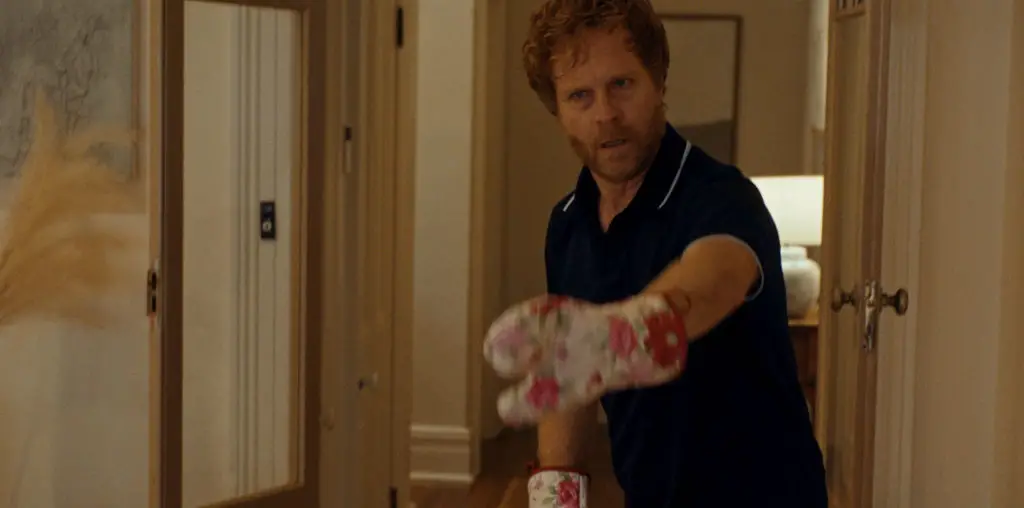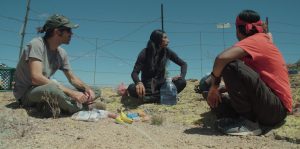
In her short film, USA v. Scott, filmmaker Ora DeKornfeld presents the case of a man arrested for helping immigrants crossing the U.S. border from Mexico.
Geography professor Scott Warren, 36, of Ajo, Arizona, is a volunteer member of the humanitarian aid group No More Deaths. In 2018 he and two companions helped a pair of migrants from Central America. He was arrested and faces three felony charges that could result in a 20-year prison sentence. The people he helped had crossed the border in the desert, instead of the cities, which have now been locked down at the border. They were exhausted, dehydrated, and had foot injuries from walking.
For years, volunteers have placed water, food, and blankets in locations in the Arizona desert where migrants traverse the most unforgiving terrain. When the provisions were unable to help, the volunteers would search for the missing, and for the remains of those who died. Warren provided food, water, and clean clothes to people who needed them. Among other accusations, he is also charged with harboring fugitives because he gave them shelter.
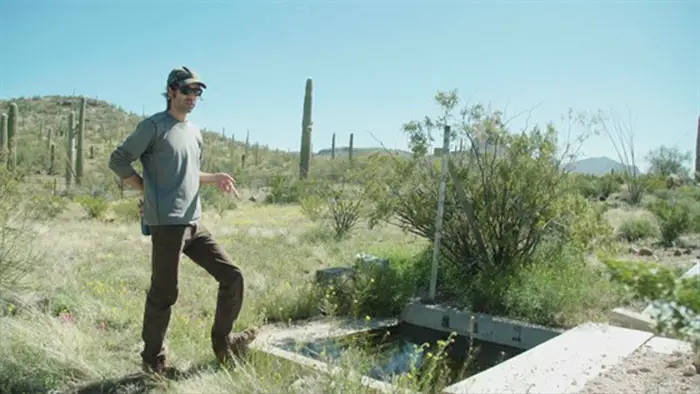
“Scott Warren is a scapegoat meant to demonstrate the government’s new willingness to punish humanitarian assistance…”
Mr. Warren read a statement in court, stating, “In the time since I was arrested in January 2018, no fewer than 88 bodies were recovered from the Arizona desert. The government’s plan in the midst of this humanitarian crisis? Policies to target undocumented people, refugees, and their families. Prosecutions to criminalize humanitarian aid, kindness, and solidarity.”
Clearly, Scott Warren is a scapegoat meant to demonstrate the government’s new willingness to punish humanitarian assistance to border crossers. The outcomes for Mr. Warren are discussed, but more revealing and troubling is the disappearance into the U.S. court system of the companions who were with him when he was arrested. He is white, and they are not. An interesting aspect of the film is the focus group session, where residents are asked their opinions of Warren’s actions. The results follow along lines we’ve become familiar with by now. We are a country divided between openness to being citizens of the world vs. closing our borders and retreating to an old idea of insular nationalism.
In an age when news exists to drive clicks to advertisements instead of educating us with facts and analysis, films can fill in this information gap. They can shine a light on injustice in the world, and short films are especially powerful vehicles for those stories. DeKornfeld’s USA v. Scott is both high-quality art and essential journalism.
USA v. Scott screened at the 2020 Annapolis Film Festival.
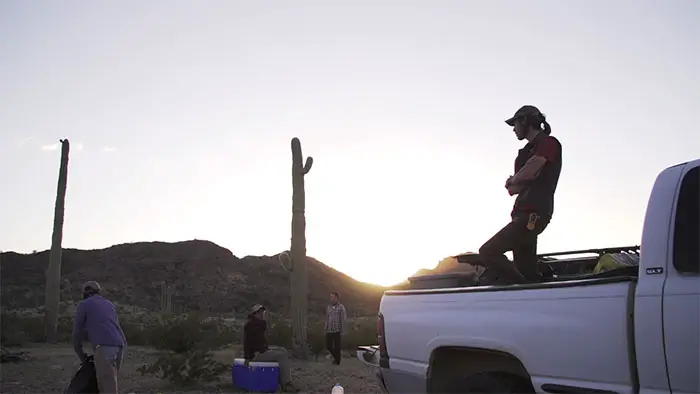
"…both high quality art and essential journalism."

